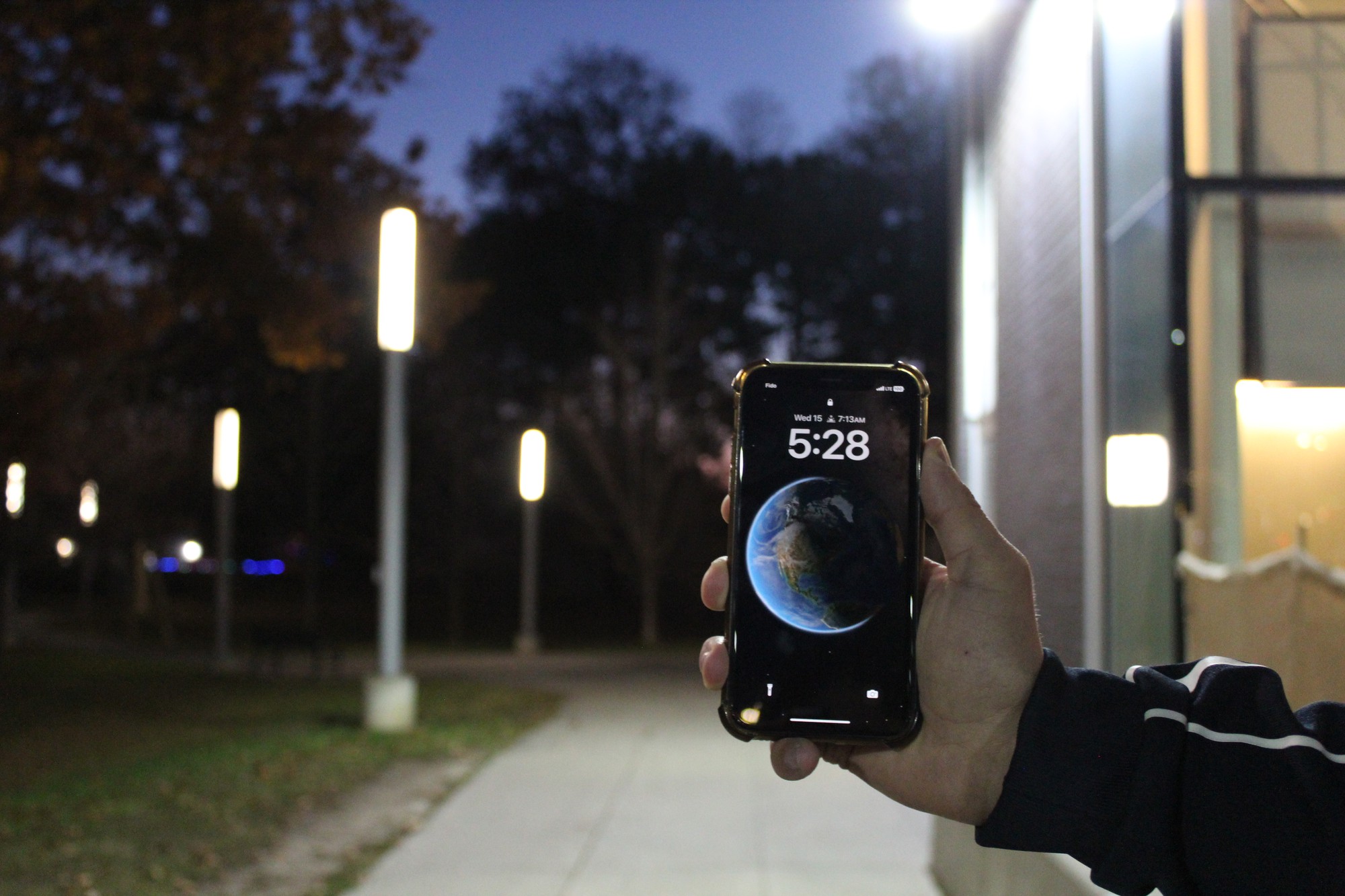Nearly two weeks into the end of daylight saving time, experts argue some students are at risk for seasonal depression, a disruption in sleep patterns and other mental health factors.
Canadians turned their clocks back an hour to mark the end of daylight saving time on Sunday, Nov. 5. The first time it was used ever was in Port Arthur, Ont., now merged into Thunder Bay, in 1908. Germany and Austria-Hungary first used It on a national scale for the first time in 1916.
Adjusting the time would encourage people to use less energy to light up their homes and reserve essential resources for the war. However, the time shift can be detrimental to people’s mental well-being, experts say.

Stephanie Kersta, who holds a Master's of Science in Psychology. She specializes in anxiety, stress, and sleep/insomnia. Photo credit: Stephanie Kersta
Stephanie Kersta, a registered psychotherapist, told Humber News the circadian rhythm gets affected during the beginning and end of DST.
Kersta describes the circadian rhythm as the internal body clock that runs on a 24-hour time period.
Mental health
Longer nights in the fall have is a significant impact on people’s mood.
“We tend to see an impact in mood just across the board,” Kersta said.
“We tend to be less motivated, maybe wanting to stay home more, withdrawing from things, [and] maybe not feeling as sharp cognitively.”
People are also more prone to developing seasonal depression.
“Seasonal affective disorder, it’s called SAD, is essentially correlated with the increase in the dark hour,” Kersta said. “It is impacted by sunlight and vitamin D.”
Symptoms such as depression or dysthymia, isolation, oversleeping and not feeling rested, and increased anxiety are all connected to SAD, Kersta said.
“You will see people kind of withdrawing from friends, family, and education,” she said.
Disturbing sleep
The earlier sunsets throw off the circadian rhythm, causing sleep patterns to be disturbed.
The time shift from DST affects the pineal gland that makes and releases melatonin when it is dark outside, Kersta said.
“When there is darkness, our pineal gland starts to build the melatonin, and melatonin — helps us fall asleep and helps us get into a deep, deep sleep,” she said.
Kersta said when daylight saving occurs, the circadian rhythm is thrown off, affecting melatonin production and the ability to get into a deep sleep.
Tips for making it better
With all the negative effects of having longer nights, here are habits that can help improve mood and sleep.
Firstly, Kersta advises taking more vitamins, especially vitamin D.
Check with a pharmacist or a doctor to determine where the vitamin level is at, which would make it easier to see how many more vitamins a person needs, Kersta said.
“Vitamin D plays a huge role in mood and mood maintenance,” she said.
Secondly, spending time outside when it is light is also crucial.
“At least expose yourself to sunlight in the morning,” Kersta said.
Opening blinds, standing by the window, or being on the balcony are great and easy ways to access daylight and Vitamin D, Kersta said.
Another way to get more light exposure is by purchasing a light therapy box.
“They are little lights, and they are really bright, Kersta said.
The light therapy box can be on the table, put on the side of a person, and while they are studying or working, the white part of the eyes adsorbs the light and produces Vitamin D, she said.
Lastly, being active can boost someone’s mood.
“Regular exercise can have as much of an effect on mood as an antidepressant,” Kersta said.
She said that about 20 to 30 minutes of movement per day is recommended, and it can be as simple as walking.
“Allow yourself that time and grace to be able to climatize to the new time zone and get back into it,” Kersta said.

